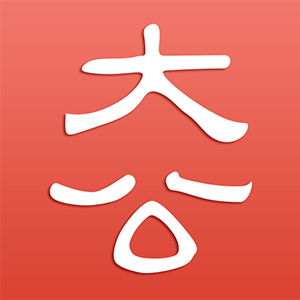
今年的農曆年是雞年,英文較普遍的說法是Year of the Rooster(雄雞),這大概因為中文日曆的雞年上印的多是昂首翹尾的公雞吧。也有洋人為母雞打抱不平而用Year of the Hen(母雞)。雖然英文中「雞」的中性詞是chicken,但我們一定不要把雞年說成Year of the Chicken。因為chicken也指「懦夫」、「膽小鬼」,「You're chicken! 」更帶有挑釁的意味。用作動詞時,chicken out的意思是「因膽怯而退縮」。
《華盛頓郵報》日前就有篇評論說,中國將用鞭炮(firecrackers)和舞龍(dragon dances)迎來The Year of the Rooster,但華盛頓即將迎來的是the year of the chicken,甚至是the year of the capon(閹雞),因為面對特朗普出醜,西裝筆挺的政客只會默不出聲或言不由衷地點頭稱是(nodding insincerely)。
中國傳統上是男性至上的社會,雞年用雄雞做象徵並不出奇。不過,在英文諺語中似乎母雞更受推崇。比如:The rooster may crow but the hen delivers the goods(別看公雞會啼叫,幹實事的可是母雞),還有The rooster may rule the roost but the hen rules the rooster(公雞統治雞群,母雞統治公雞)。
公雞好鬥,Strutting around like a banty rooster(像鬥雞那樣趾高氣揚地招搖過市)就是「炫耀」(showing off)、「自吹自擂」的意思,而Rooster games形容寧願爭吵也不願嘗試解決問題。
而母雞辛勤,所以形容一個人hard working就可說He works as hard as a hen hauling wood,但像公雞那樣趾高氣揚的母雞是自己找死(A hen that struts like a rooster is often invited for dinner),這句話與Pride goeth before the fall(驕兵(者)必敗)同義。
雞是「日出而作,日入而息」的家禽(poultry/domestic fowl),所以,Up with the chickens形容人「早起」,Going to bed with the chickens則形容「早睡」。
雞走路搖搖擺擺,留下的趾印很不規則,Chicken scratch便形容一個人寫的字很難看(poor handwriting)。
但令雞最「出名」的,也許是那個引起人類爭論不休的哲學命題:先有雞還是先有蛋(Which came first the chicken or the egg)?
亦 然